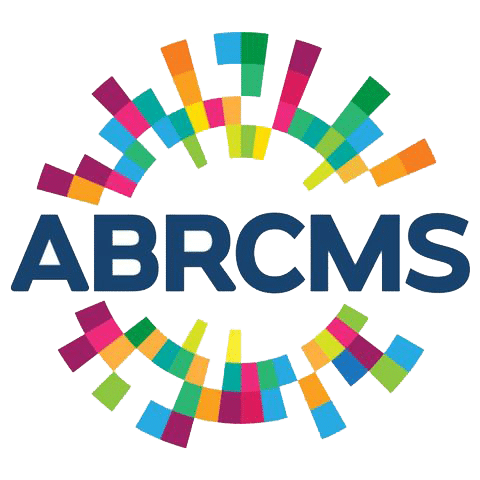
ePoster Abstract Submission Guidelines
Writing an Abstract
An abstract summarizes a research project for a specific audience. It is a standalone paragraph that provides an overview, not a detailed report, of the major research points. An abstract is written with text and does not contain graphs or charts.
An abstract consists of the following: (i) Background, (ii) Hypothesis/Objective, (iii) Study Design and Research Methods, (iv) Results, and (v) Conclusions. Aim to have 2-3 sentences for each component.
- Background
- Provide a brief context for the research.
- Indicate why it is important.
- Hypothesis/Objective
- State the goal(s) of the research and the question(s) you are seeking to address with this research.
- Study Design and Research Methods
- Specifically, state what study design was used in the research.
- If appropriate, state what population or group(s) were studied.
- Briefly describe the study procedures used to carry out the research.
- Indicate which measurement techniques were used in the research.
- Provide information on the data analytic technique(s) that were used.
- Results
- Briefly describe the primary findings or results of your research.
- Conclusions
- Concisely state what the results mean and their impact on the field of research.
An Effective Abstract Will...
- Be concise, coherent, and cohesive.
- Put the rationale/motivation in context.
- Clearly state the research question/purpose, methods, results, and conclusion.
- Explain why the research is significant.
After you have completed your abstract, review it for grammatical, typographical, and punctuation errors. Be sure to ask others, including your research advisor and peers, before submitting.
Resources for Writing an Abstract
- Watch this ABRCMS365 webinar to learn how to write a compelling abstract and the elements of a successful abstract submission.
- Review sample abstracts.
Submission Guidelines
- Submissions are due by 11:59 p.m. PT on March 25, 2025 (2:59 am ET on March 26, 2025).
- Only one student, the individual listed first in the author block, can present the abstract.
- You must obtain permission from your research mentor, co-authors, and program director before submitting an abstract. Research mentors, co-authors, and program directors will receive a copy of the notification e-mail indicating the status of the abstract.
- Only one abstract submission per student is acceptable. If you are listed as the presenting author on more than one abstract, all abstracts associated with you will automatically be rejected.
- If you are working in the same lab as another abstract submitter, you must independently submit original abstracts. Identical abstracts submitted by different students will automatically be rejected.
- Abstracts must be written by you and reviewed/edited by the mentor. Mentors should not write the abstract.
- Citations, tables, and keywords are not allowed in the abstract text and will be removed.
- The word limit of the abstract is 500 words (not including spaces).
- ABRCMS staff will not edit abstracts or add co-authors after the abstract submission deadline.
- No late submissions will be accepted.
Policy on Using Journal Articles
ABRCMS will only accept abstracts based on journal articles from the social & behavioral sciences and public health disciplines if an analysis has been conducted. In addition, the disciplines of engineering, physics and mathematics and computational and systems biology are permitted to use data sets, bioinformatic software, mathematical algorithms, etc., extracted from journal articles. Otherwise, journal articles should not be used as the basis for an abstract.
When Will I Know If My Abstract Was Accepted?
All abstract authors, including the research advisor and/or program director listed on your abstract, will receive notice of whether your abstract was accepted by April 8, 2025.
If Accepted, How Do I Confirm My Intent to Present an Abstract?
If your abstract is accepted, you MUST confirm your intention to participate by April 11, 2025.
Questions?
Contact abrcms@asmusa.org.
